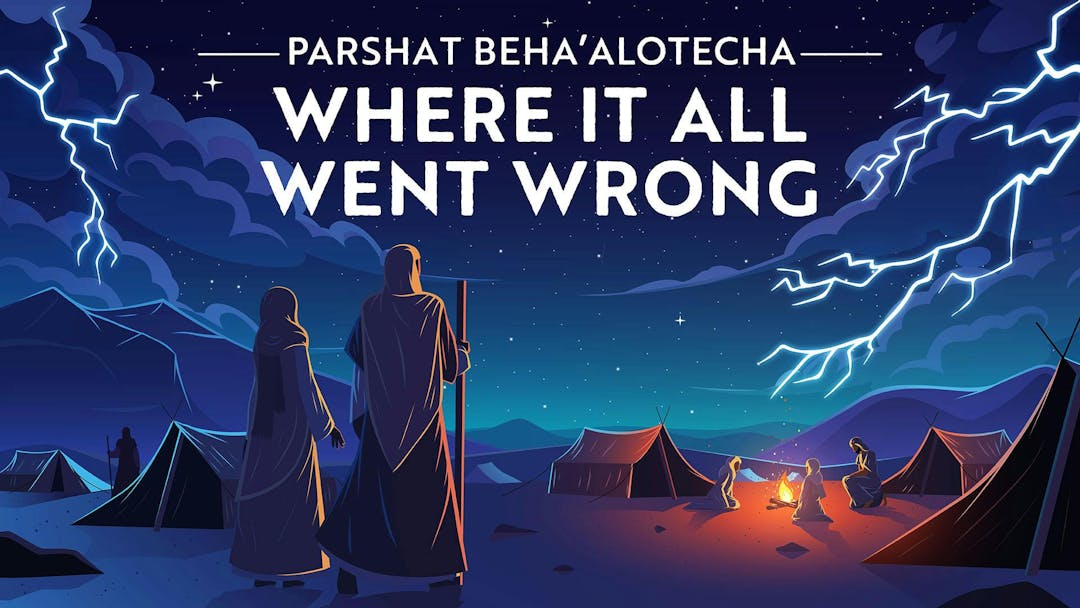Start your free trial today to unlock the full library and enjoy unlimited and uninterrupted access.
Get StartedWhat Does Humility Really Mean?
The Greatest Superpower: Humility
What do you picture when you think of someone who's humble? Is it someone who stands up to bullies and hoodlums? Someone who faces off against evil tyrants? Someone who stands his moral ground - even, seemingly, against God Himself? Probably not. Someone like that is brave, heroic, and full of integrity. But humble? That's not the word I would use...
And yet, the Torah tells us that Moses was more humble than anyone else on Earth. Moses, who stood up to Egyptian taskmasters, who took on Pharaoh, who argued with God to save the Israelite people. How exactly is that humble?
Join Rabbi Fohrman as he tries to resolve this seeming contradiction by examining a story that seems to test Moses' humility. A deeper understanding of this story may just lead us to a deeper understanding of humility – and the true greatness of Moses.
Want to watch the full video for free?
Enter your email and we’ll send you a link to watch the full series free.
What is Aleph Beta?
Aleph Beta is a unique kind of Torah library. Led by our founder, Rabbi David Fohrman, we are dedicated to high-level, textual Torah learning for adults that is intellectually and spiritually sophisticated, that enlivens your Jewish practice and helps you forge a deeper connection to God. Whether you’ve been learning in yeshiva for years or you’re just beginning your Torah journey, you’re sure to find something meaningful and surprising waiting for you here.
Browse our library of over 1,000 beautifully produced animated videos, podcasts, deep dive courses, and printable guides. Topics include the weekly parsha, Jewish holidays & fast days, laws & mitzvot, prayers, relationships, big philosophical ideas and more. Have something to say at the Shabbos table that will amaze your family and guests and bring deep meaning into their lives.











